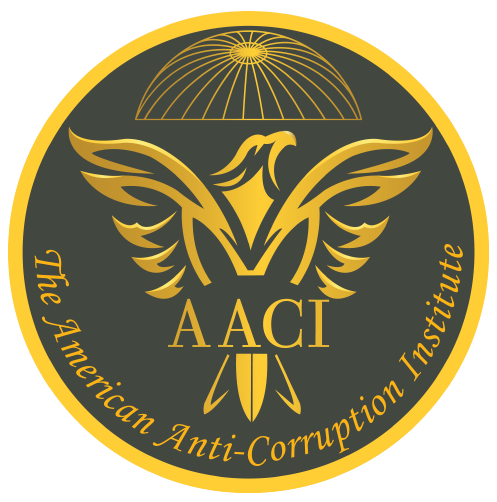Standard on Fighting Corruption 200: Competence
Standard on Fighting Corruption 200: Competence
Introduction
Scope of this SFC
- This Standard on Fighting Corruption (SFC) deals with the competence of those charged with governance in meeting their duties and responsibilities to achieve their goals. It also deals with the competence of decision makers and employees in all economic sectors.
Effective Date
2. This SFC is effective for periods beginning or after January 1, 2024. We recommend earlier implementation.
Objective
Definitions
a. Competence: The ability to perform a particular job or task with sufficient skill, knowledge, or experience.
Requirements
a. Ensuring that competence is a fundamental requirement for each job in the entity.
b. Providing the public and civil society free access to recruitment policies and practices.
c. Making all recruitment information available to the public, civil society, and other stakeholders. (E3 - E4)
6. Nepotism is a dishonest and unjust act. Management shall not permit business practices motivated by nepotism. (E5)
7. Those charged with governance are responsible for establishing and maintaining effective internal control. Internal control is necessary to meet the requirements of SFCs. (E6 - E7)Explanatory Material
E1. Those charged with governance exist in all economic sectors. They are decision-makers who can, individually or collectively, strategically direct and control the entity. They are board members, members of the government, ministers, the country's leader (i.e., President, King, etc.), partners, sole proprietors, or the leaders of non-profit organizations.
E2. An entity could be a country, a public institution, a for-profit company, or a non-profit organization.
E3. Competence is a fundamental requirement of each job, specifically for those charged with governance and the executive branch of management. For example, board members should be selected based on meritocracy rather than nepotism.
E4. Organizations should always be transparent in their recruitment policies. Transparency enhances the public's trust and confidence in organizations.
E5. Favoritism and nepotism are forms of fraud and corruption in most countries. Meritocracy should always guide the recruitment policies of all organizations. Those charged with governance should request the internal audit department or equivalent to report on the organization's compliance with its recruitment policies and state clearly when they find business practices motivated by nepotism.
E6. Competence is required to have effective internal control. Principle four of the control environment component of internal control states, "The organization demonstrates a commitment to attract, develop, and retain competent individuals in alignment with objectives."
E7. Competence is not a static concept; it is dynamic. As a result, performance evaluation should always reflect the current competence level of employees and align it with their actual achievements.
1. Those charged with governance are those defined in the International Standard on Auditing 260 (Revised), paragraph 10 (a and b), International Auditing and Assurance Standard Board, Handbook of International Quality Control, Auditing, Review, Other Assurance, and Related Services Pronouncements, 2018 Edition, Volume I.
2. SFCs use the internal control concept as defined by The Committee of Sponsoring Organizations of the Treadway Commission (COSO). COSO.org.
